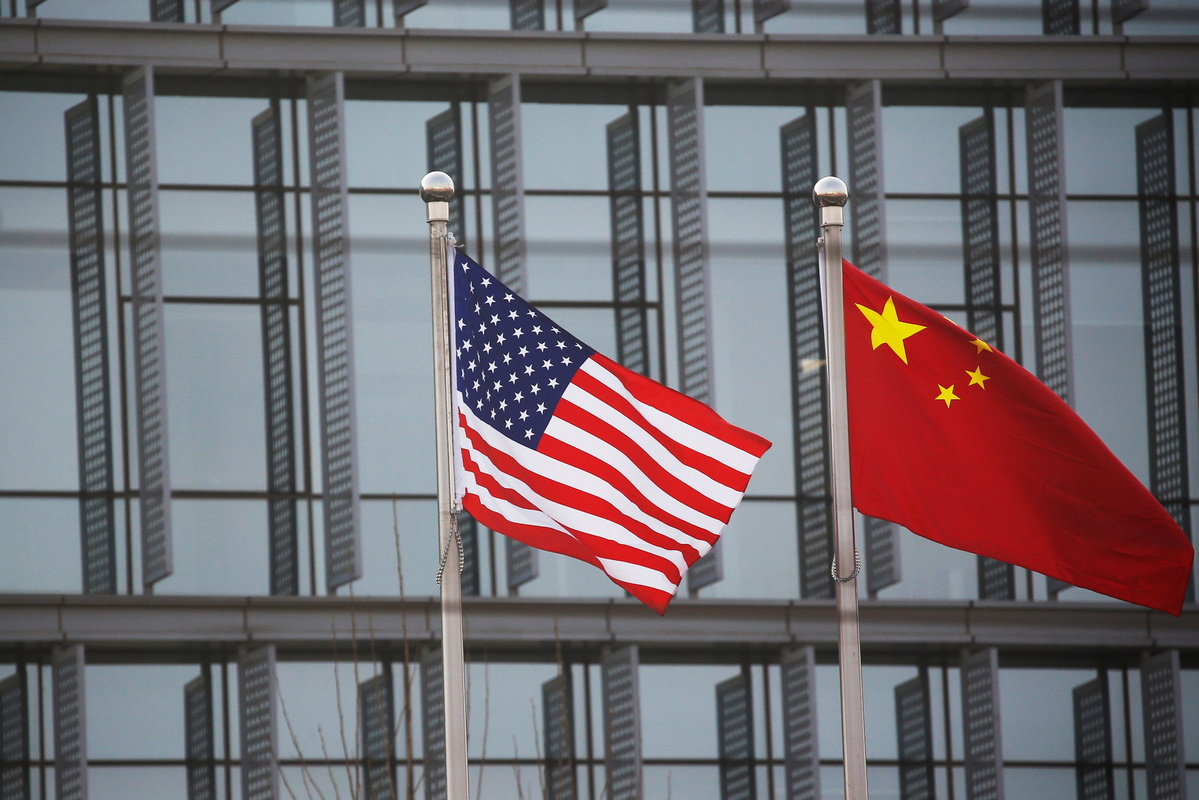Washington's hysteria for trade bullying: China Daily editorial


The United States continues to attack China on the high-tech front. On Thursday, the Department of Commerce added another 34 Chinese companies to the list of export control entities and its Treasury Department identified another eight as entities linked with the People's Liberation Army, thus prohibiting Americans from trading in their securities.
The latest round of sanctions against Chinese companies came on the same day the US Senate unanimously passed the "Uyghur Forced Labor Prevention Act", which will ban imports from China's Xinjiang Uygur autonomous region over concerns about forced labor.
The White House has already confirmed that US President Joe Biden will sign the bill into law.
Actually many of the Chinese entities included in the Entity List this time have been targeted with fabricated concerns related to Xinjiang. For example, DJI, a leading drone manufacturer, and seven other tech firms were blamed without any factual basis for supporting "the biometric surveillance and tracking" of Uygur people in the region.
Despite Beijing having rejected accusations of "genocide" and "forced labor" in Xinjiang as the biggest lie of the century, some US politicians have spared no effort to use such falsehoods as ammunition in their smear campaign against China.
The latest moves, in disregard of basic market principles and World Trade Organization rules, show how desperate the US is to contain the development of China's tech companies.
The US has reached a stage where it will stop at nothing to inflict harm on Chinese high-tech companies, even if that means harming the global supply chains and the interests of US investors.
This definitely is not the kind of "straightforward competition" US President Joe Biden talked about when he sought to "set the terms of the competition with China" at a virtual summit with President Xi Jinping last month. The increasingly confrontational moves taken by the US against China make Biden's words that he would try to ensure "competition between our countries does not veer into conflict" sound hollow.
In 2018 when the then US administration started imposing blow-hard tariffs on Chinese goods, it expected to bring China's economy to its knees in a trade war that would be "easy to win". Three years later, as everybody can see, there has been no winner in that war, and much collateral damage.
There is one thing the US can learn from it — that bullying, no matter what form it takes, will not work with China. It is not too late for China and the US to establish "guardrails" to prevent the two largest economies from sliding toward conflict. But that calls for the US side to show some common sense and stop indulging in hysterics.


































